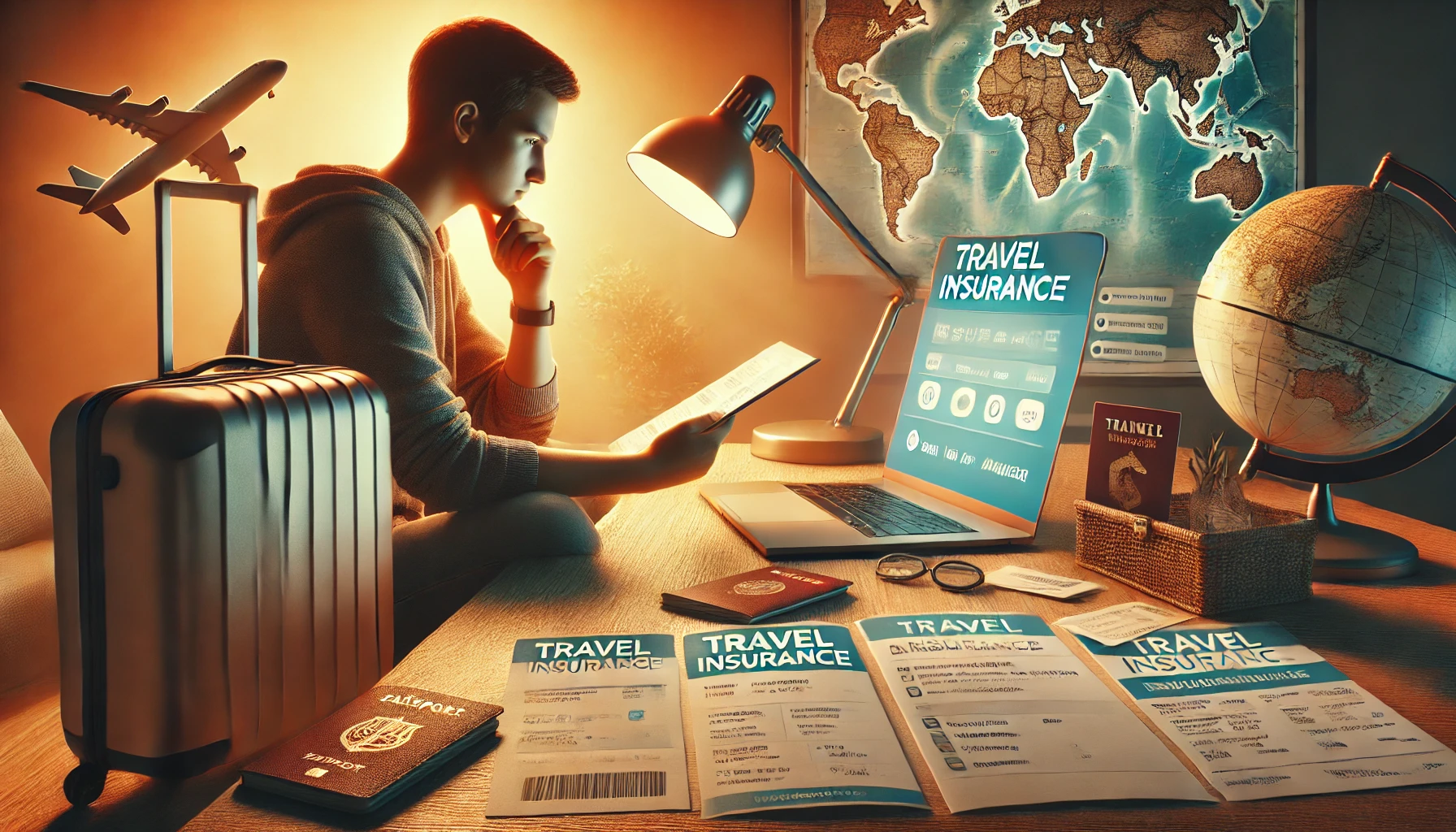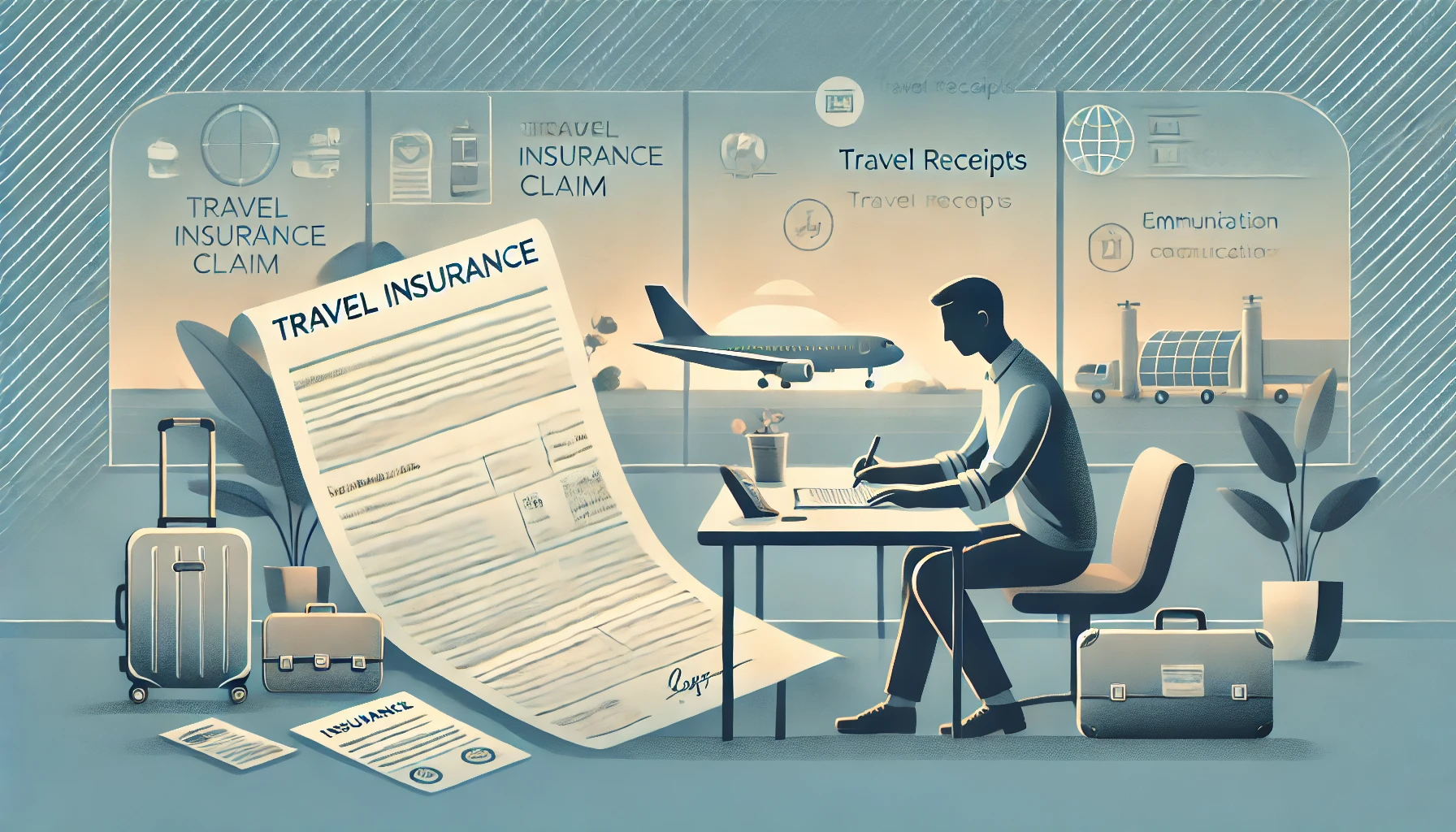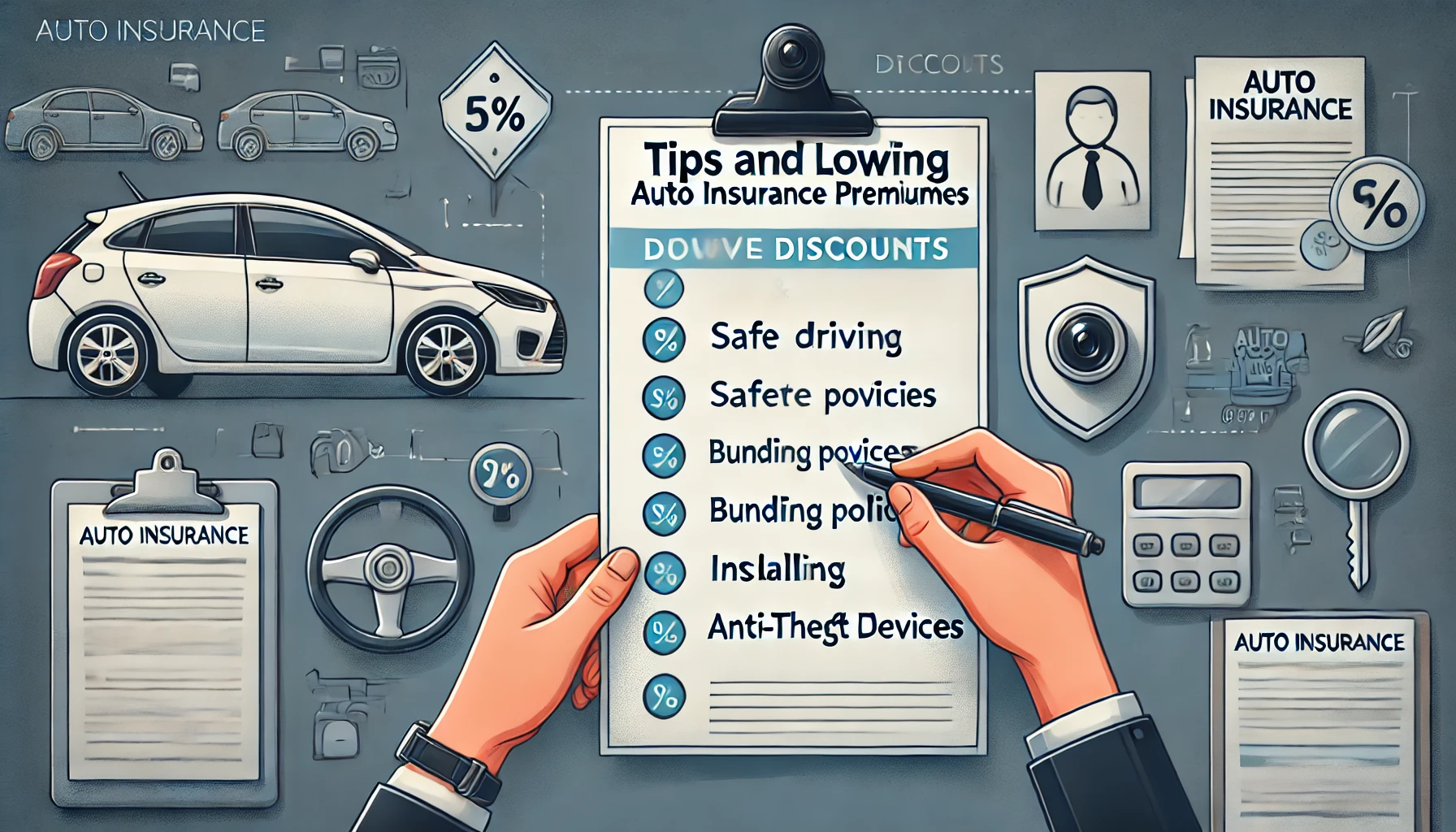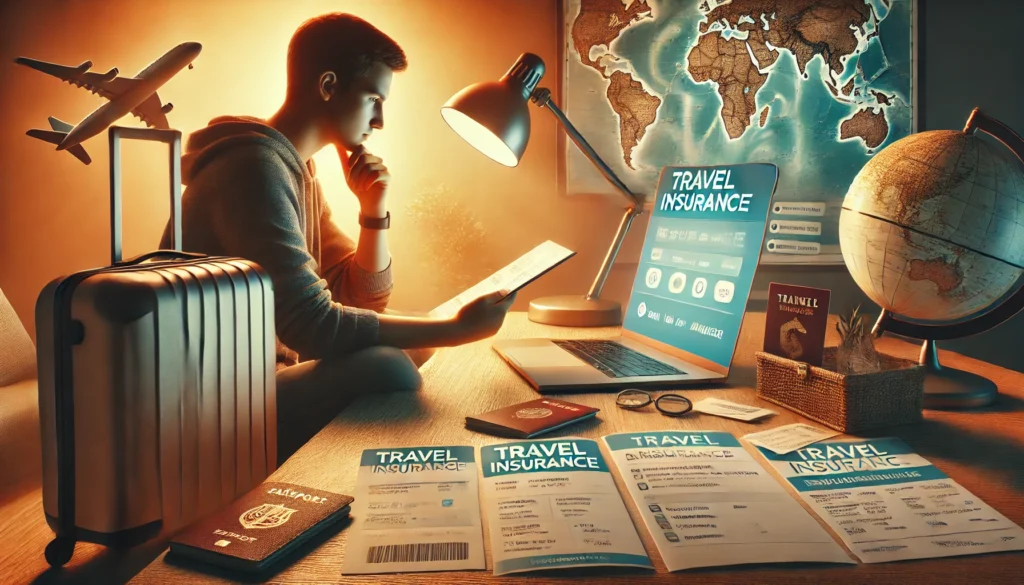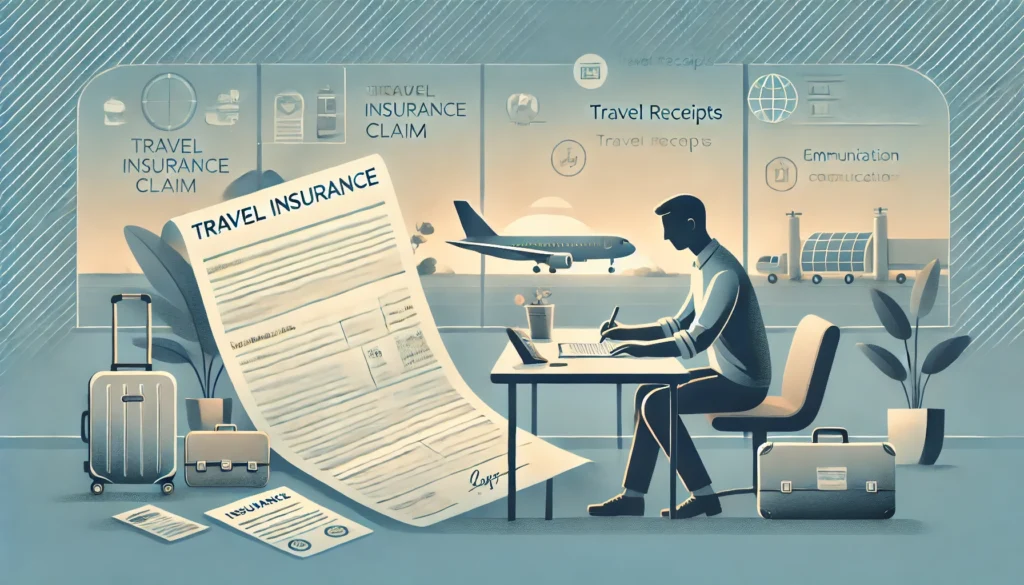Why Travel Insurance Is Essential for Every Trip
Introduction
Traveling can be one of the most rewarding experiences in life. Whether it’s exploring new cultures, discovering breathtaking landscapes, or simply taking a break from the daily grind, travel opens doors to adventure, learning, and personal growth. However, travel is not without its risks. From sudden cancellations to medical emergencies, countless things can go wrong while you’re away from home. It’s during such situations that travel insurance becomes a traveler’s best friend.
Many people consider travel insurance an unnecessary expense, assuming that they’ll never need it. However, unexpected events can occur, even on the most well-planned trips. This article delves into the importance of travel insurance, outlining why it should be a non-negotiable part of your travel plans and highlighting real-life examples where it has saved the day.
#1. What type of job are you looking for?
#2. What is your work experience level?
#3. What is your English level?
#4. Where are you willing to work?
#5. When can you start?
1. What is Travel Insurance?
Definition
Travel insurance is a specialized type of insurance policy that covers the various financial risks associated with traveling. It offers protection for unexpected events that could lead to financial loss, physical harm, or disruption of your trip. Coverage typically includes medical emergencies, trip cancellations, lost or stolen luggage, flight accidents, and other losses incurred while traveling.
Types of Travel Insurance
There are several different types of travel insurance, each designed to cover specific scenarios. Understanding these different categories will help you choose the best policy for your needs.
1.1. Trip Cancellation Insurance
This type of insurance reimburses you for non-refundable travel expenses if you have to cancel your trip due to unforeseen circumstances, such as illness, natural disasters, or the death of a family member. It can also cover trip interruptions if your plans are disrupted mid-journey.
1.2. Medical Insurance
Travel medical insurance covers the cost of medical treatment in case you fall ill or suffer an injury while traveling. Many people mistakenly assume that their domestic health insurance will cover them abroad, but this is not always the case. Travel medical insurance provides peace of mind by covering doctor visits, hospital stays, surgeries, and even medical evacuation if necessary.
1.3. Baggage and Personal Belongings Insurance
This insurance protects against the loss, damage, or theft of your luggage and personal items while traveling. Whether your bag gets lost by the airline or your valuables are stolen, this type of coverage ensures you are compensated for the value of the items.
1.4. Travel Delay Insurance
Sometimes flights are delayed due to weather, mechanical issues, or other reasons beyond your control. Travel delay insurance compensates you for extra expenses, like accommodation and meals, incurred while waiting for your delayed flight or transportation to resume.
1.5. Liability Insurance
Personal liability insurance protects you in case you are legally responsible for accidental injury to someone or damage to property during your trip. For instance, if you accidentally injure someone or cause damage in a hotel room, this insurance can cover legal costs or compensation.
2. Benefits of Travel Insurance
2.1. Financial Protection
One of the biggest advantages of travel insurance is the financial protection it offers. Unforeseen events like medical emergencies, cancellations, and lost luggage can quickly add up to thousands of dollars in expenses. Travel insurance can shield you from these unexpected costs.
Medical Costs Abroad
Healthcare costs vary significantly around the world. In some countries, medical treatment can be outrageously expensive for foreigners. Without travel insurance, you may be forced to pay out of pocket for medical treatment or even emergency medical evacuations, which could run into the tens or hundreds of thousands of dollars.
For example, if you were to have a medical emergency in the United States without insurance, a simple visit to the emergency room could cost upwards of $1,000, while surgery or hospitalization could cost tens of thousands. Travel insurance ensures these costs are covered, alleviating the financial burden.
Trip Cancellation and Interruption Coverage
Imagine you’ve spent months planning a dream vacation, only to have to cancel it last minute due to a family emergency or personal illness. Without travel insurance, you would lose all your non-refundable expenses like flight tickets and hotel bookings. Trip cancellation insurance reimburses you for these costs, allowing you to reschedule your trip when you’re ready.
2.2. 24/7 Assistance
One of the less-talked-about but incredibly valuable benefits of travel insurance is access to 24/7 emergency assistance. Most travel insurance policies come with a dedicated hotline that provides assistance for everything from finding a local doctor to helping arrange emergency evacuations.
For instance, if you’re in a remote part of a foreign country and need to find a specialist for an unexpected medical issue, the insurance provider’s hotline can guide you to the nearest qualified doctor or hospital. This kind of support is invaluable, especially when navigating unfamiliar healthcare systems or dealing with language barriers.
2.3. Peace of Mind
One of the biggest benefits of travel insurance is the peace of mind it offers. Knowing that you are protected financially and have access to emergency assistance allows you to focus on enjoying your trip rather than worrying about what could go wrong. Travel should be about relaxation and exploration, not constant concern over potential mishaps.
Many seasoned travelers will tell you that the sense of security travel insurance provides is worth every penny. When you’re halfway across the world, it’s reassuring to know that help is just a phone call away.
3. Situations Where Travel Insurance is Indispensable
3.1. Medical Emergencies and Injuries
Medical emergencies can happen anywhere, and they are often unpredictable. Whether it’s a sprained ankle while hiking, a foodborne illness from trying local cuisine, or something more serious like a heart attack or broken bone, medical emergencies can quickly turn a dream vacation into a nightmare.
Real-Life Example:
A traveler visiting Thailand experienced severe food poisoning that required hospitalization. Without travel insurance, they would have been stuck paying nearly $10,000 in medical bills. Fortunately, their travel insurance covered the costs, including an emergency medical evacuation to a nearby country with better healthcare facilities.
3.2. Unexpected Cancellations
Life is unpredictable, and sometimes you have no choice but to cancel a trip at the last minute. Whether it’s due to illness, a family emergency, or a natural disaster at your destination, trip cancellations can result in significant financial loss if you’re not insured.
Real-Life Example:
A traveler had booked a non-refundable trip to Bali for a honeymoon. Days before departure, a volcanic eruption caused all flights to be grounded, and the couple was forced to cancel their trip. Their travel insurance reimbursed them for the full cost of the flights and accommodation, allowing them to plan another trip at a later date without losing their investment.
3.3. Lost or Stolen Baggage
It’s a traveler’s worst nightmare: you arrive at your destination, but your luggage does not. Alternatively, your belongings may get stolen during your trip. Travel insurance can reimburse you for the cost of your lost or stolen items, so you don’t have to worry about replacing everything out of pocket.
Real-Life Example:
A traveler’s suitcase was lost by an airline en route to Europe. They had packed expensive electronics, clothing, and personal items in the bag, all of which were covered by their travel insurance. The insurance company provided compensation for the lost items and even covered the cost of purchasing replacement clothes for the remainder of the trip.
4. How to Choose the Right Travel Insurance
4.1. Assessing Your Needs
Not all travel insurance policies are the same, so it’s important to choose a policy that fits your specific travel needs. Consider the following factors:
Type of Trip
- Leisure travel: If you’re going on a vacation, basic travel insurance that covers medical emergencies, cancellations, and lost luggage may suffice.
- Adventure travel: If your trip involves risky activities like skiing, scuba diving, or mountain climbing, make sure your policy covers adventure sports and related medical emergencies.
- Business travel: For business trips, you may want to ensure that your policy covers things like missed meetings or lost business equipment.
Destination
- Domestic vs. international travel: If you’re traveling internationally, make sure your policy includes comprehensive medical coverage, as healthcare costs can vary drastically between countries.
- High-risk areas: If you’re traveling to a country with political instability, natural disaster risks, or poor healthcare infrastructure, you’ll want to opt for a policy that covers emergencies like evacuations and cancellations due to unforeseen crises.
4.2. Comparing Policies
When choosing a travel insurance policy, be sure to compare several options. Some key factors to consider include:
- Coverage: What is included in the policy? Make sure it covers medical expenses, cancellations, lost luggage, and other needs specific to your trip.
- Exclusions: Every policy has exclusions, such as pre-existing medical conditions or specific high-risk activities. Be sure to read the fine print to understand what is not covered.
- Costs: Compare the premiums and see if the coverage justifies the price. Cheaper isn’t always better if it leaves you underinsured.
4.3. Reading Reviews and Testimonials
Before purchasing a policy, take the time to read reviews and testimonials from other travelers. Sites like TripAdvisor, Trustpilot, or specialized insurance review platforms can provide valuable insights into the customer service, ease of claims, and reliability of different insurers.
5. Common Myths About Travel Insurance
5.1. “I Don’t Need Travel Insurance If I Have Health Insurance”
Many travelers believe their regular health insurance will suffice while traveling abroad. However, most domestic health insurance plans do not cover medical expenses incurred outside of your home country. Even if they do, the coverage may be minimal or limited to certain types of care.
Example: A traveler may assume their U.S. health insurance will cover them in Europe, only to find out that it provides little to no coverage for overseas medical treatment. In such cases, travel medical insurance becomes crucial, providing comprehensive coverage for emergency services, hospital stays, and medical evacuations.
5.2. “It’s Too Expensive”
Some people consider travel insurance to be an unnecessary expense, believing they can save money by skipping it. However, the cost of travel insurance is often a small fraction of what an unexpected event can cost.
Example: A single medical emergency abroad can easily exceed thousands of dollars. A policy might cost as little as 4-10% of your total trip cost, making it a wise investment compared to potential out-of-pocket expenses.
5.3. “I Only Need Insurance for International Trips”
While it’s true that international travel poses unique risks, domestic trips can also involve unexpected incidents. Illnesses, accidents, and cancellations can happen regardless of where you are.
Example: A traveler may experience a medical emergency while on a road trip across their home country. Without travel insurance, they may face significant medical bills. Having insurance protects against such risks, regardless of the travel destination.
6. How to Choose the Right Travel Insurance
6.1. Assessing Your Needs
To select the right travel insurance, start by assessing your travel needs. Consider the following factors:
Type of Trip: Different trips come with different risks. Adventure travelers engaging in activities like rock climbing or scuba diving should look for policies that specifically cover these activities.
Destination: The location can also affect your insurance needs. Traveling to a country with a high cost of living or a complex healthcare system may necessitate more comprehensive coverage.
6.2. Comparing Policies
When evaluating travel insurance options, it’s crucial to compare several policies to ensure you’re getting the best value. Key factors to consider include:
- Coverage Limits: Understand the maximum amounts covered for medical expenses, trip cancellations, and other key areas.
- Exclusions: Review what is not covered in each policy, as this can vary significantly. Pay attention to pre-existing conditions and high-risk activities.
- Cost: Compare premiums and determine what level of coverage you are receiving for the cost. Cheaper policies may offer limited protection.
6.3. Reading Reviews and Testimonials
Before committing to a travel insurance provider, read customer reviews and testimonials to gauge their reputation. Look for feedback regarding the claims process, customer service experiences, and how efficiently the provider handles emergencies.
Example: A traveler might find a provider that has excellent customer service reviews, which can be invaluable in a stressful situation.
7. The Claims Process: What to Expect
Understanding the claims process is essential for effectively utilizing your travel insurance. Here’s a breakdown of what to expect:
7.1. Documentation
When filing a claim, thorough documentation is crucial. This may include:
- Medical Records: If you had a medical emergency, you’ll need detailed records from healthcare providers.
- Receipts: Keep all receipts for expenses related to your claim, such as medical bills, canceled flights, or accommodations.
- Police Reports: For theft or loss claims, obtain a police report to support your case.
7.2. Filing a Claim
Most insurance providers have a straightforward claims process. Typically, you’ll need to:
- Contact Your Insurer: Notify them of your situation as soon as possible. Many providers have 24/7 hotlines for emergencies.
- Submit Documentation: Provide all required documentation and forms. This may often be done online for convenience.
- Follow Up: Stay in touch with your provider to check on the status of your claim and provide any additional information they may request.
8. Tips for Maximizing Your Travel Insurance
To make the most of your travel insurance policy, consider the following tips:
8.1. Read the Fine Print
Always read the policy documents thoroughly. Understanding the specifics of what is covered and what is not will prevent surprises when you need to file a claim.
8.2. Be Honest
When applying for travel insurance, provide accurate information about your health and any pre-existing conditions. Misrepresenting your situation could lead to denied claims.
8.3. Keep Copies of Important Documents
Maintain digital and physical copies of your insurance policy, receipts, and any correspondence with your insurer. This will streamline the claims process in case of an emergency.
8.4. Purchase Insurance Early
Buy your travel insurance as soon as you book your trip. This ensures coverage for unexpected events that might arise before your departure, such as trip cancellations.
Conclusion
Travel insurance is not just an optional extra; it’s a crucial part of preparing for any trip. It provides financial protection against a range of unexpected events, from medical emergencies to trip cancellations and lost luggage. By understanding the types of insurance available, debunking common myths, and knowing how to choose the right policy, travelers can safeguard their adventures.
The peace of mind that comes from having travel insurance allows you to focus on enjoying your journey, knowing that you have a safety net in place. Whether you’re embarking on a short domestic trip or a long international journey, investing in travel insurance is a smart decision that can save you from significant financial and emotional stress. Travel confidently, and make the most of your experiences, knowing that you are protected against the unforeseen challenges that life may throw your way.


